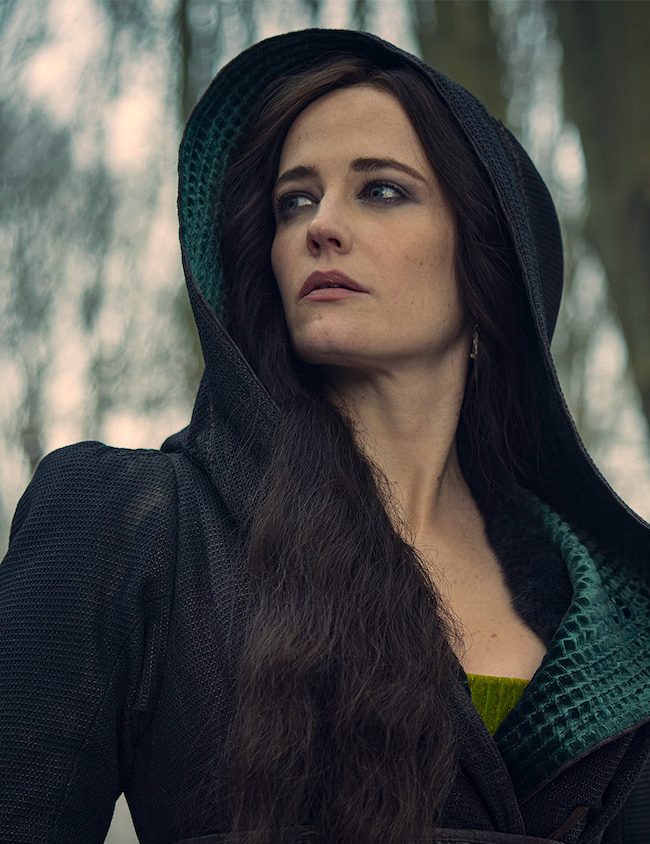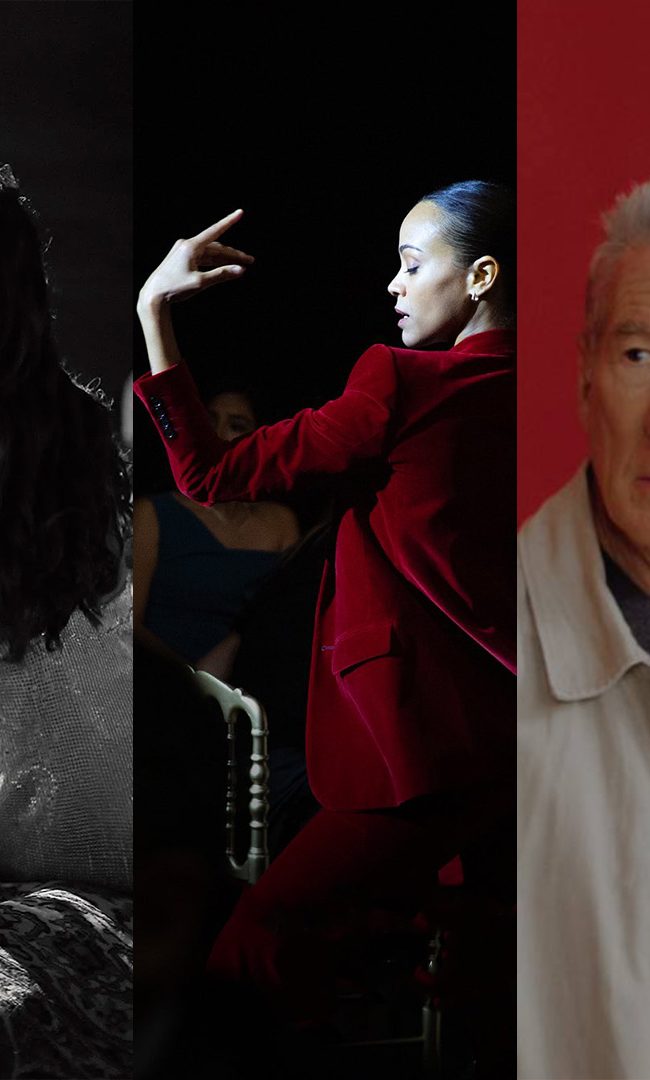This week’s main course of noteworthy new DVD releases pretty much begins and ends with double-film packages by the underrated French visionary Philippe Garrel and the impressively versatile Wayne Wang. For dessert, chow down on one of the most eye-popping straight-to-video titles since last month’s skull-shatterer:
Philippe Garrel x 2 (The Film Desk/Zeitgeist) — Even for lovers of foreign art-house fare, Philippe Garrel can be an acquired taste. Take his I Can No Longer Hear The Guitar (J’entend plus la guitare), for example. Garrel’s 1991 tribute to the recently deceased Nico, with whom he made love and art for many years, is considered by most to be his unequivocal masterpiece. The first time I saw it, however, I thought nothing of the sort. It simply felt like another story of an emotionally stunted heterosexual white male who drifted whichever way his crotch swayed him. But watching it again in conjunction with this wonderful joint DVD release by The Film Desk and Zeitgeist, I finally realized that this is one of those films that is aided greatly by subsequent viewings. From the very first frame, Garrel imbues his deeply personal tale with a heavy sense of loss, which he carries through to the bitter end. His jolting approach to narrative—spanning months and years without acknowledging this in a more traditional sense—is perhaps what kept me on the outside the first time around. But a second viewing enabled me to absorb things more clearly. I Can No Longer Hear the Guitar is a morosely beautiful reflection on how, to reach a state of genuine adulthood, one must traverse some horrendously bumpy emotional roads along the way. The less than hopeful ending implies that for some of us, that road never ends. While I still think Regular Lovers is Garrel’s crowning achievement, I Can No Longer Hear the Guitar is a defiantly personal masterwork and its home video release is a cause for cinephilic hooray.
Though I Can No Longer Hear the Guitar is no doubt the A-side of this long overdue release, the B-side is also a worthy addition to one’s shelf. Emergency Kisses (1989) is an even more thinly veiled example of Garrel’s unwavering belief that “Cinema is Freud plus Lumiere.” For this story of marital strife, Garrel steps in front of the camera to play a struggling filmmaker who causes controversy at home when he casts another actress to play the role of his wife. That wife is played by his real life wife, Brigitte Sy, and their adorable son is played by their real life son, Louis (yes, that Louis Garrel, who is on a bit of a hot streak, to put it mildly). His father is played by his actual father, Maurice Garrel, another notable French actor. Where Garrel separates himself from charges of navel gazing and self-absorption is in his talent as a filmmaker. Shooting on black-and-white 35mm, he uses long takes and slow, hypnotic pans to add a poetic dimension to the story. No one else might make this connection, but I couldn’t help but think of Azazel Jacobs’ Momma’s Man, another fiercely personal work from an artist who understands that a level of remove is required to make things more universally affecting.
In addition to an essay by Richard Brody, the release contains a 50-minute made-for-French-television documentary on Garrel, which reveals much more about his personal approach to cinema. Buy it at Amazon.
Two Films By Wayne Wang (Magnolia Pictures) — Wayne Wang is one of those directors who effortlessly floats between big studio projects and much smaller scaled fare. A Thousand Years of Good Prayers and The Princess of Nebraska are two of these tiny-sized productions. Produced at nearly the same time and based on short stories by Yiyun Li, they are modest character pieces that reflect the intimacy of their source material. Buy the two-film package at Amazon.
The Ramen Girl (Image Entertainment) — I don’t know if this makes any sense, but I’m both kidding and not kidding at the exact same time in expressing my extreme desire to see this movie. Brittany Murphy plays an American in Tokyo who is ditched by her boyfriend. In an act of seemingly delusional desperation, she bullies a cranky ramen chef—who of course doesn’t speak any English whatsoever—into teaching her the ways of the noodle. But don’t call the Funny Farm Tractor just yet, for in the film’s trailer, Abby justifies her decision with moving eloquence: “There’s something about the Japanese and making the purrrfect bowl of soup… it’s kinda beautiful.” This, my friends, is why home video was invented. Buy it at Amazon if you dare.
— Michael Tully











